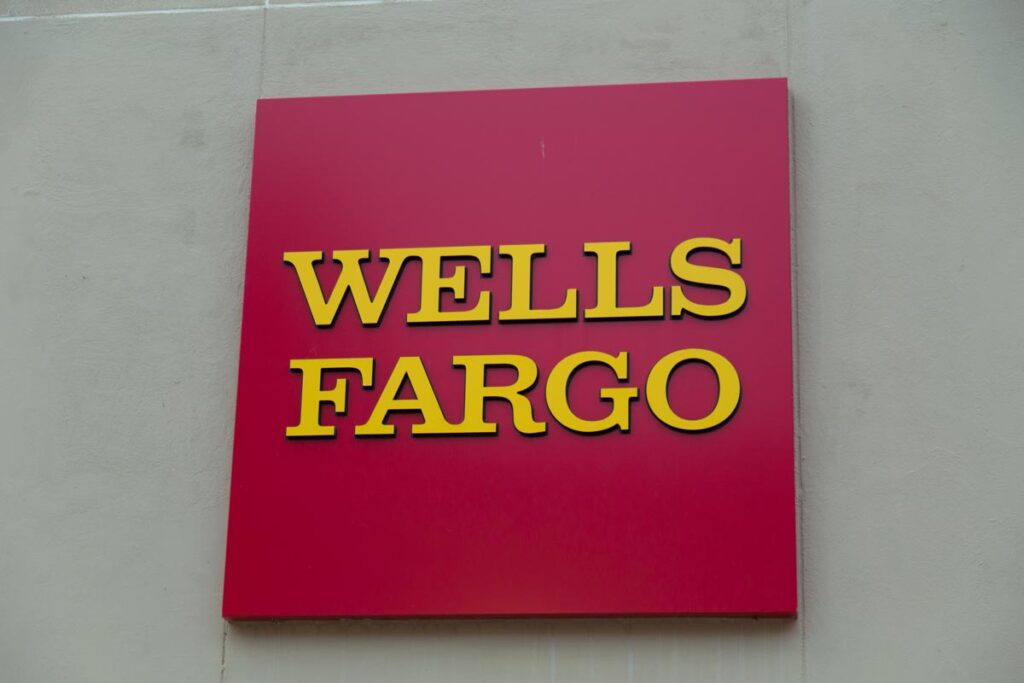
Wells Fargo fees overview:
- Who: The Consumer Financial Protection Bureau ordered Wells Fargo Bank to pay $3.7 billion in compensation and penalties.
- Why: The bureau says the bank illegally charged fees and interest on auto and mortgage loans and consumer accounts.
- Where: The fine is active in the United States.
The Consumer Financial Protection Bureau (CFPB) ordered Wells Fargo Bank to pay $3.7 billion in compensation and penalties for charging illegal fees and interest on auto and mortgage loans.
The CFPB issued the consent order Dec. 20, stating that it identified multiple violations of the law in regards to Wells Fargo’s auto loan servicing.
According to the order, the bank incorrectly applied loan payments, “erroneously imposed certain fees and charges,” incorrectly repossessed customers’ vehicles and failed to refund certain unearned fees of debt cancellation products.
With respect to home mortgage servicing, Wells Fargo also violated the law, the CFPB says.
“Respondent incorrectly denied mortgage loan modifications to certain qualified borrowers,” the order states.
Wells Fargo also allegedly improperly froze or closed customer deposit accounts, improperly charged certain overdraft fees and did not always waive monthly account service fees consistent with its disclosures, according to the order.
Wells Fargo to pay $2 billion to more than 16 million accounts
Under the terms of the order, Wells Fargo must pay $2 billion to more than 16 million affected consumer accounts. The other $1.7 billion will go to the CFPB’s Civil Penalty Fund to provide relief to victims of consumer financial law violations, the order states.
“Wells Fargo’s rinse-repeat cycle of violating the law has harmed millions of American families,” CFPB Director Rohit Chopra says in a statement. “This is an important initial step for accountability and long-term reform of this repeat offender.”
Meanwhile, the U.S. Securities and Exchange Commission (SEC) and the U.S. Department of Justice (DOJ) are investigating the hiring practices at Wells Fargo.
Wells Fargo reportedly indicated in its quarterly SEC filing that the federal agencies are investigating its diversity hiring practices. The DOJ allegedly launched its investigation a few months ago, and the SEC launched its investigation more recently.
What do you think of the penalties the SEC imposed on Wells Fargo in this order? Let us know in the comments!
Don’t Miss Out!
Check out our list of Class Action Lawsuits and Class Action Settlements you may qualify to join!
Read About More Class Action Lawsuits & Class Action Settlements:















803 thoughts onWells Fargo to pay $3.7B for charging illegal fees, interest on loans, accounts
I as well fall victim to Wells fargo and all there scandalous fees, and mishandling of my mortgage for 15 years. I want to jump on board with any class action or whatever Available… SO SIGN ME UP OR HOW DO I GO ABOUT it.?